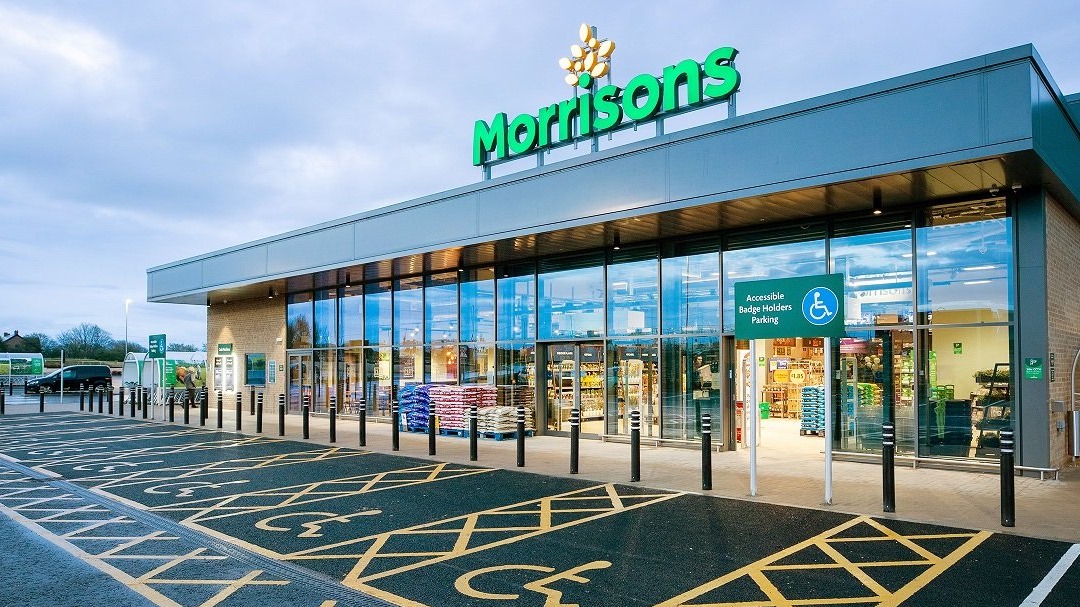November was the first time in 17 months that shop price inflation was higher than the previous month, albeit remaining overall in negative territory, according to new data from the British Retail Consortium (BRC) and research firm NielsenIQ.
Shop prices fell by 0.6 per cent in November, compared with a fall of 0.8 percent in October.
The report found the slowdown in deflation was driven by non-food goods and a slight increase in fresh food prices, including seafood which is more vulnerable to high import and processing costs during winter.
Non-food remained in deflation at -1.8 per cent in November, up from -2.1 per cent in the previous month. This is above the three-month average rate of -2 per cent.
Food inflation slowed to 1.8 per cent in November, down from 1.9 per cent in October, which is below the three-month average rate of 2.0 per cent.
Fresh Food inflation rose in November to 1.2 per cent, up from one per cent in October.
Commenting on the news Helen Dickinson, chief executive of the BRC, said that with significant price pressures on the horizon, November’s figures may signal the end of falling inflation.
“The industry faces £7 billion of additional costs in 2025 because of changes to Employers’ National Insurance Contributions, business rates, an increase to the minimum wage and a new packaging levy,” she continued. “Retail already operates on slim margins, so these new costs will inevitably lead to higher prices.”
Latest News
-
Four people arrested for cyberattacks on M&S, Co-op and Harrods
-
Scotta boosts inventory capabilities with AI
-
EG Group appoints new group CFO
-
Lidl trials 'VAR-style' self-service checkouts to combat shoplifting
-
Ahold Delhaize appoints new CTO
-
Coop Norway rolls out 128 digital screens across its stores
Supermicro and NVIDIA’s AI Solution for Retailers
To find out more: click here
Poundland significantly reduces antisocial behaviour, aggression and shoplifting with Motorola Solutions VT100 body cameras
Retail should not be a high-risk occupation. As a company, we are focused on listening to our colleagues and customers to help them with the issues they are facing in-store and so far, the feedback on our body cameras has been excellent. They act as a great visual deterrent, help to de-escalate situations and overall, this project has significantly aided our goal to make the retail environment safer.
For further information on Motorola Solutions’ retail security products, including body cameras, click here.
For further information on Motorola Solutions’ retail security products, including body cameras, click here.
© 2024 Perspective Publishing Privacy & Cookies





.png)





Recent Stories